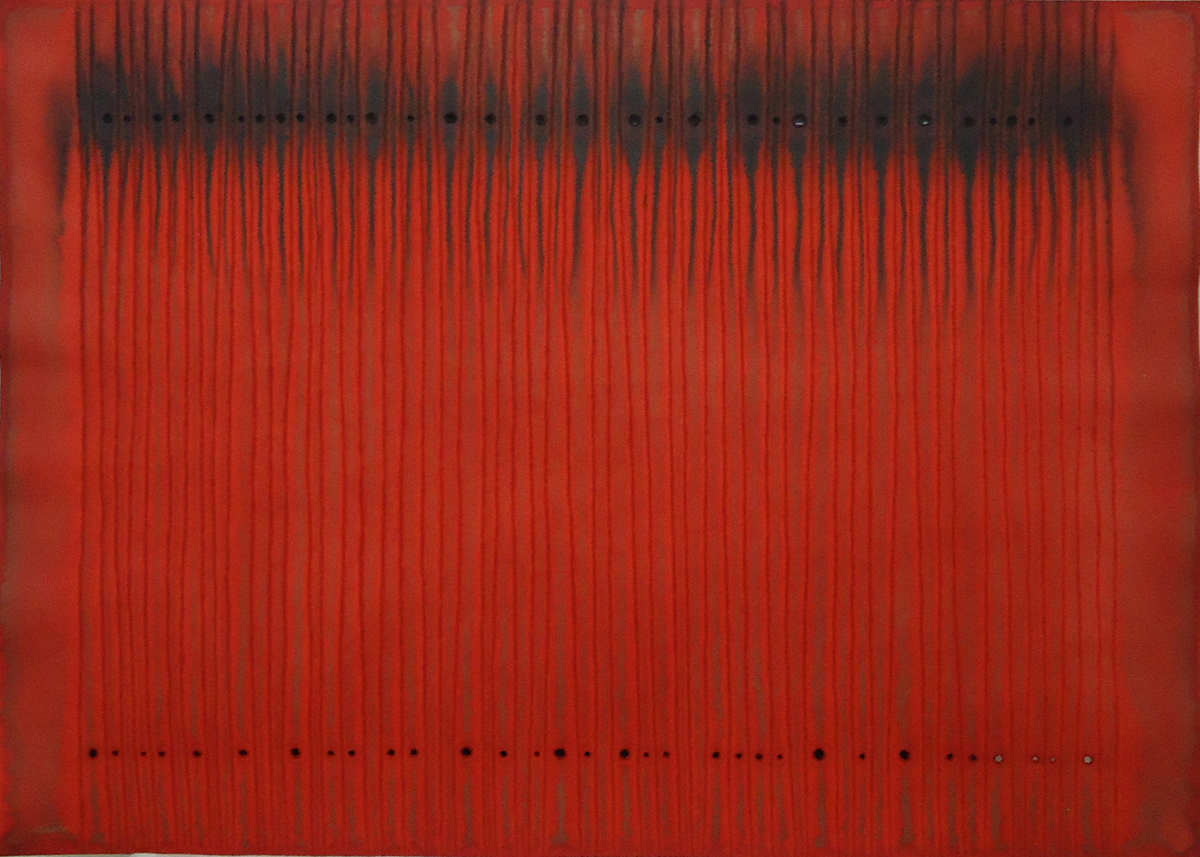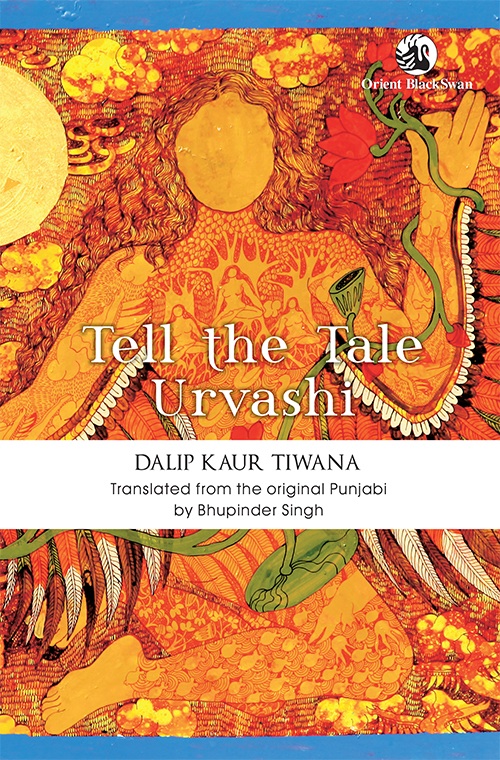 © Sohan Qadri, Untitled / Tao Art
© Sohan Qadri, Untitled / Tao Art
जब बाण लागियो तबै रोस जागियो
– गुरु गोबिन्द सिंह
Some time ago, I returned my Padma Shri award in protest against the rising religious intolerance in our country prompted by certain sections of the ruling political class and civil society. I was not alone in registering such a protest in the wake of the killing of 77-year-old Professor M.M. Kalburgi and the Dadri incident. Many writers, artists and even scientists had joined in the protest. In my letter to the President of India, Mr Pranab Mukherjee, I said that to commit atrocities against religious minorities in this land of Buddha and Nanak, or to kill those who stand for truth and justice, puts us to shame in the eyes of God and the world.
My statement particularly irked a Bharatiya Janata Party minister, who noisily asked why I had not returned Padma Shri at the time of Operation Blue Star. The gentleman did not know that I had not got Padma Shri in 1984. It was conferred on me as late as 2004! Nonetheless, I did show my indignation at the brutal army assault on Darbar Sahib (the Golden Temple) and the subsequent witch-hunting of Sikh youth, in my own way. I may narrate a small incident in this connection.
It was the time when Siddhartha Shankar Ray was governor of Punjab. He stayed in the state in this capacity from 1986 to 1989. One day a group of women professors at my university came to me and said: “We have just come back after meeting Mr Ray. We wanted to ask him why only men are thought fit to head a university; why he couldn’t consider Dr Dalip Kaur Tiwana, a distinguished writer, for appointment as vice-chancellor of Punjabi University. He said, “No one has mentioned her to me, nor have I ever met her.” We said “Give us some time, we will bring her along to meet you.” The ladies then happily informed me that Mr Ray had given us an appointment on the day after next. “I won’t go,” I said. “You didn’t ask me before seeking an appointment.” They said I should go, for the university’s sake if not my own. They kept pressuring me for a long time and then, unable to persuade me, left visibly annoyed.
A few days later, two Punjab Civil Service officers came to visit me at my university department. They said, “Mr Ray has invited you to dinner. He wants to discuss the Punjab problem with you and some other important personalities.” I told them I did not attend any function in the evening. They asked me not to worry as a contingent of Punjab police would accompany me to and from Chandigarh. But I refused.
The same officers returned after a week or so. This time they came with an invitation for lunch with the Governor. They said that many respectable persons had been invited by Mr Ray to exchange views on the Punjab situation. I said I could not go. It seems these officers had met the chairman of my department during their previous visit, who had apparently suggested that if he and his wife were also invited by the governor, perhaps they could prevail upon me to accompany them to Chandigarh. I now heard one of the officers checking with his superior whether to extend the invite to the head of the department: “Sir, Madam is not coming, should we invite the HoD?”
The leader of the women professors who had met Governor Ray came over one day and asked me agitatedly, “What is your problem with the governor, Madam? Why won’t you go meet him? He would have appointed you vice-chancellor.” I said, “The person who first got hundreds of young men killed in Bengal and is now doing the same thing in Punjab – I do not want a vice-chancellorship or any other favour from him.” Offended, she got up and left.
Before long, however, I had to confront Mr Ray face to face. I was invited by my alma mater Mahendra College, Patiala, to its foundation day ceremonies. I was to be honoured, along with four others, on the occasion. Mr Ray presided over the function. When I walked up to him to receive the honour, he asked me, “Have you got a plot in Chandigarh?” This because some writers had got plots in Chandigarh at a concessional rate. I answered, “I do not need one.”
I have never mentioned this episode to anyone in any detail before. It is not necessary to beat the drum for what you do or do not do. So it is not that I did not protest against what happened in 1984. I did. The mode of your protest against injustice and wrongdoing can vary from time to time.
Translated from the original Punjabi by the author. Dalip Kaur Tiwana is one of the foremost writers in Punjabi today. The recipient of several awards, including the Padma Shri and the Sahitya Akademi Award, she retired as Professor of Punjabi and Dean of the Faculty of Languages at Punjabi University, Patiala, where she is currently a life fellow and writer-in-residence.
 See here for an extract from her novel Katha Kaho Urvashi (Tell the Tale, Urvashi).
See here for an extract from her novel Katha Kaho Urvashi (Tell the Tale, Urvashi).




